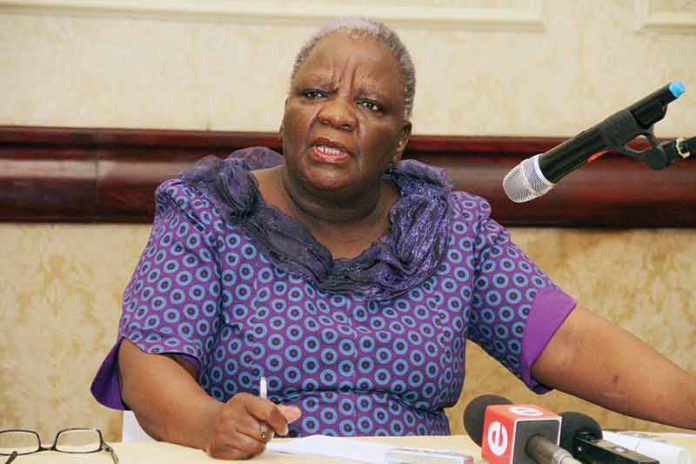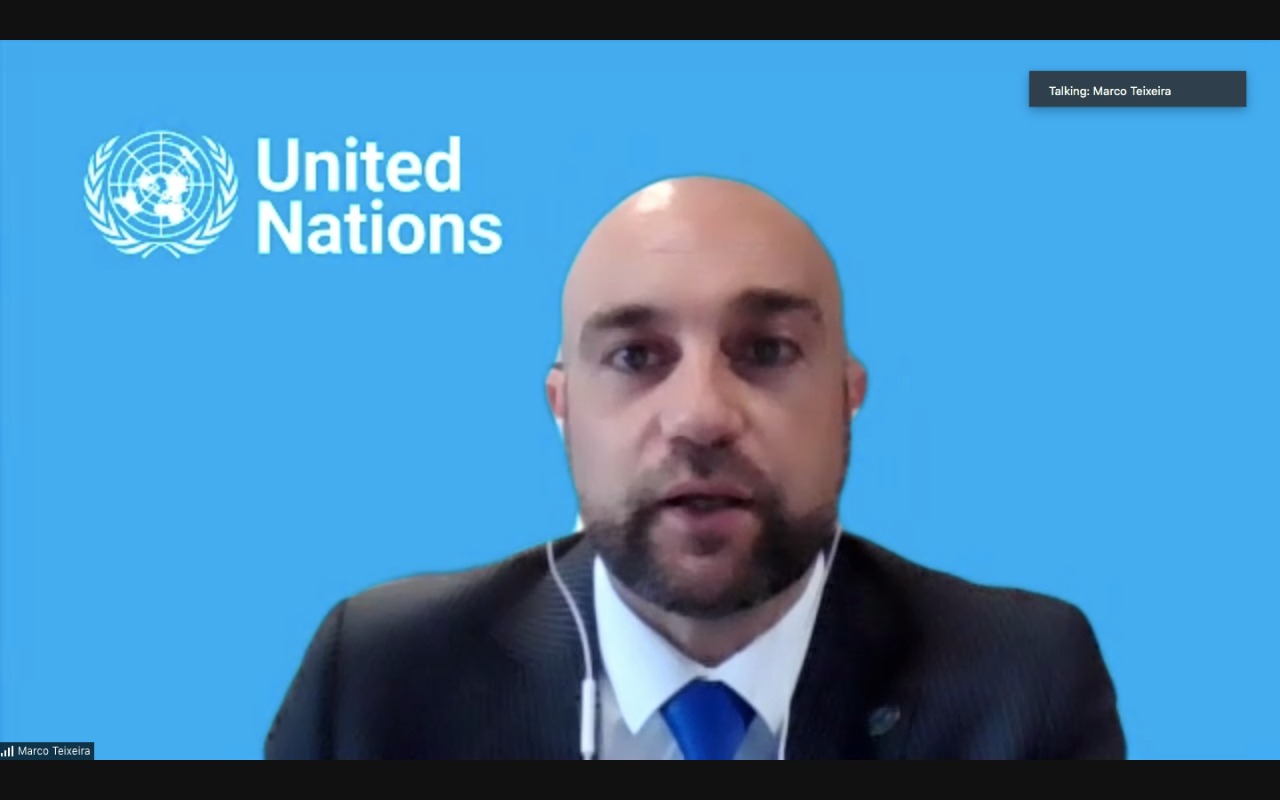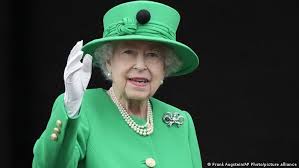
Donald Molosi
- “When Steve Harvey, an American performer whose shows have been cancelled in his own country because of charges of plagiarism, child endangerment and sexual misconduct is flown into Botswana to lord over Botswana’s young talent in the name of improving the arts industry, then you know we are being dangerously gaslighted.” (Molosi)
“Botswana remains one of the most socially hostile countries for fellow Africans, particularly if they are darker or have so-called deeper accents. But international reports say Botswana is heaven for fellow Africans. Who is fooling who?” (Molosi
April 6 is commemorated by the United Nations as the International Day of Conscience, a day when we all pause and reflect on promoting a culture of peace with love and conscience. For Botswana (a country renowned for peace and love) this is an interesting exercise.

For instance, one would expect Botswana – a country one of whose pillars is Botho – to be much more welcoming to foreigners at an informal level. One could also make the case that the UN’s International Day of Conscience is treated like the less accomplished sibling of more sensational International Days of What-What even in Botswana, the UN’s poster-child for friendly and peaceful diplomacy (seemingly with a conscience).
Within Botswana itself, our Tswana beliefs of right and wrong are demonized in the school curriculum as un-Christian and hell-bound; we still need permission to wear our fabrics and our own hair and we wearing our natural hair in a boardroom is still considered brave; we sweat profusely in these suits and ties that are impractical in our desert climate. My friend, are we at peace inside ourselves?
Correspondingly, one wonders whether we Batswana genuinely still care about being peaceful with each other or we have just become exceptional at paying it lip service? Do we still have the conscience to welcome visitors to our land into our homes? These are the tensions to patiently consult and consider as a leader before forcing Swahili into Botswana classrooms where dying Botswana languages themselves like Yeyi and Kalanga are still not taught as per colonial tribalist convention!
Our President says that the late Tanzanian President John Pombe Magufuli “expected” Batswana to speak Swahili. But, on what grounds and in what capacity does Magufuli’s dream have force in Botswana – particularly when his dream for Botswana does not take into account that Botswana is still struggling to allow its own languages into our still-colonial Botswana classrooms?
We are told by colourful reports from abroad that Batswana have a culture of peace. What I do know is that we are quite passive-aggressive when not outright violent. We are all participants/enablers in this culture of aggression and it is difficult to un-learn.
This year, on April 6 and beyond, may we then begin to reflect on where (inside our communities) the appetite for the murder of women comes from. In our own families we also violently limit the potential of queer children as human beings by grooming them for a projected homophobic future where they may not legally exist still.
In workplaces, we do not embody a culture of love (of which hospitality is a by-product) – we do not take in our foreign colleagues. Who, exactly, is experiencing peace in Botswana and why do they have that privilege when we all suffer a lack of peace inside and around ourselves?
Fellow Motswana, you might get a wake-up call if you just ask any expatriate in Botswana how many times they have been invited to a Motswana colleague’s house or cattlepost. This April 6, let us ask ourselves: is the peaceful Botswana on paper a fantasy that silences the real Botswana where peace is hard to find? Unless, of course, the fact that we don’t wage formal war on other nations is supposed to mean we somehow have a culture of peace.
My friend, some of these diplomacy-friendly extrapolations about Batswana being peaceful are clearly made by cultural outsiders who measure the wrong things, often for special interest. Like, how SADC magically never sees election violence in Botswana even though we Batswana witness it in broad daylight.
Like the rest of the world, Botswana is enduring a raging COVID-19 global pandemic and as such, the time is ripe for us to reflect on whether we are promoting a culture of peace with love and conscience. Botho is a lived Tswana belief that you exist because other lives do, that we are all interconnected. Conscience, simply understood, is to have a sense of right and wrong. When our President leads a mask-wearing campaign at home but does not wear a mask in a crowded funeral in Tanzania, which mask message by the leadership is right? Which one is wrong? Are you sure?
When we daily cry and bury our loved ones because of COVID-19, our government responds by literally buying us T-shirts and balloons to fight COVID-19 at the tune of millions instead of vaccines, gaslighting Batswana. When Steve Harvey, an American performer side-lined in his own country because of charges of plagiarism, child endangerment and sexual misconduct is flown into Botswana to lord over Botswana’s young talent, then you know we are being dangerously gaslighted. Such a clumsy sense of conscience and optics does not endear the leadership to Batswana.
It is often difficult for Botswana to reflect. There is little incentive for Botswana to do so when she is constantly bombarded with self-interested reports from abroad about how much better she is doing than her poorer African cousins. Sadly, we as Batswana now believe that being better than worst case scenarios means we are doing well.
That hubris has created xenophobia against fellow Africans, and Botswana remains one of the most socially hostile countries for fellow Africans, particularly if they are darker or have “deeper” accents. In interest of creating a culture of peace with love and conscience, I hope we begin to take a hard look at the mirror this April 6. I also hope that we begin to be captured accurately instead of romantically by non-Botswana so that we may grow our national sense of right and wrong.
Enough with the gaslighting!
Donald Molosi is an actor and writer. He is Founder of the Upright African Movement. He is the award-winning author of “We Are All Blue” and “Dear Upright African”.Twitter: @donaldmolosi








